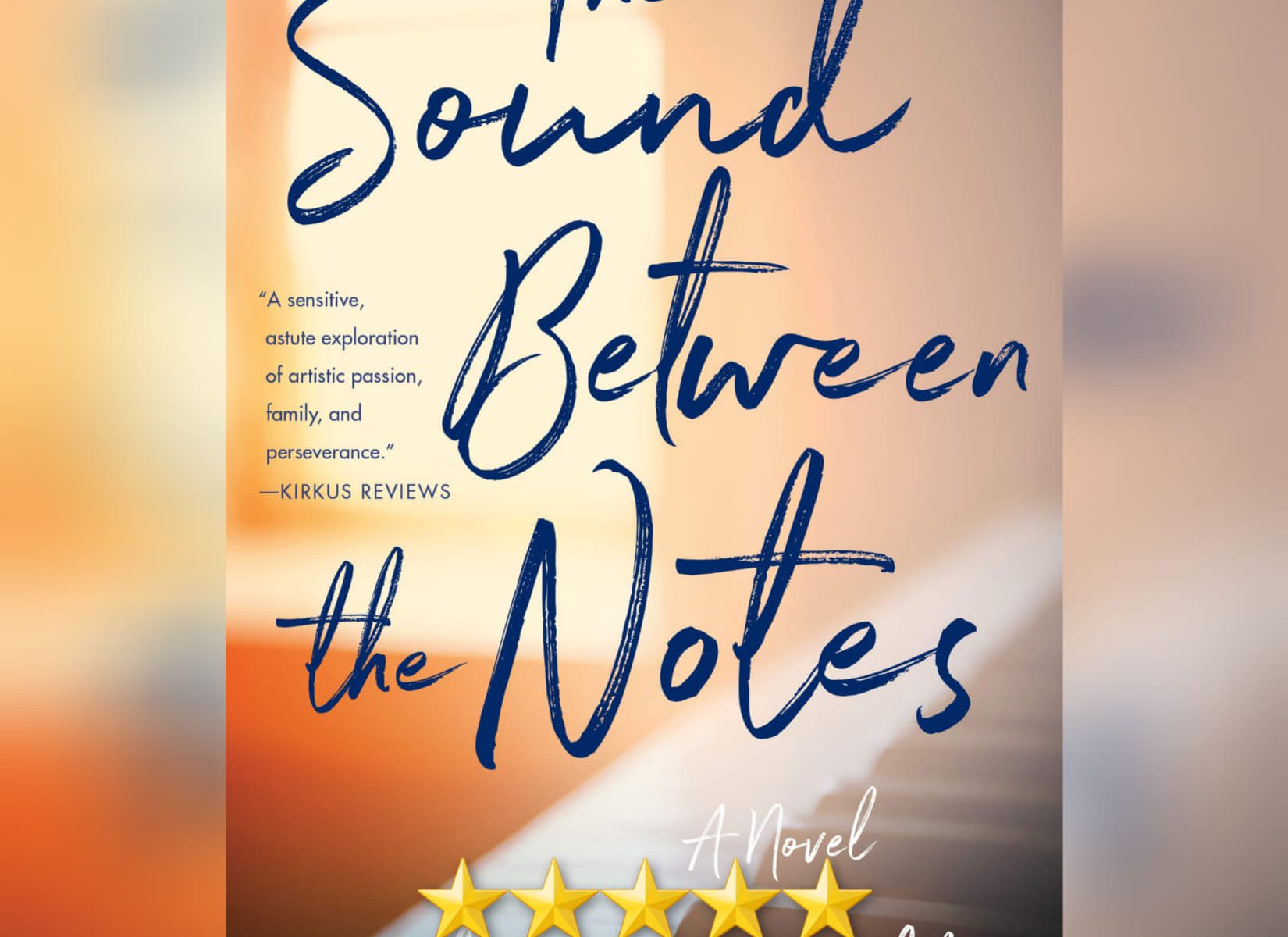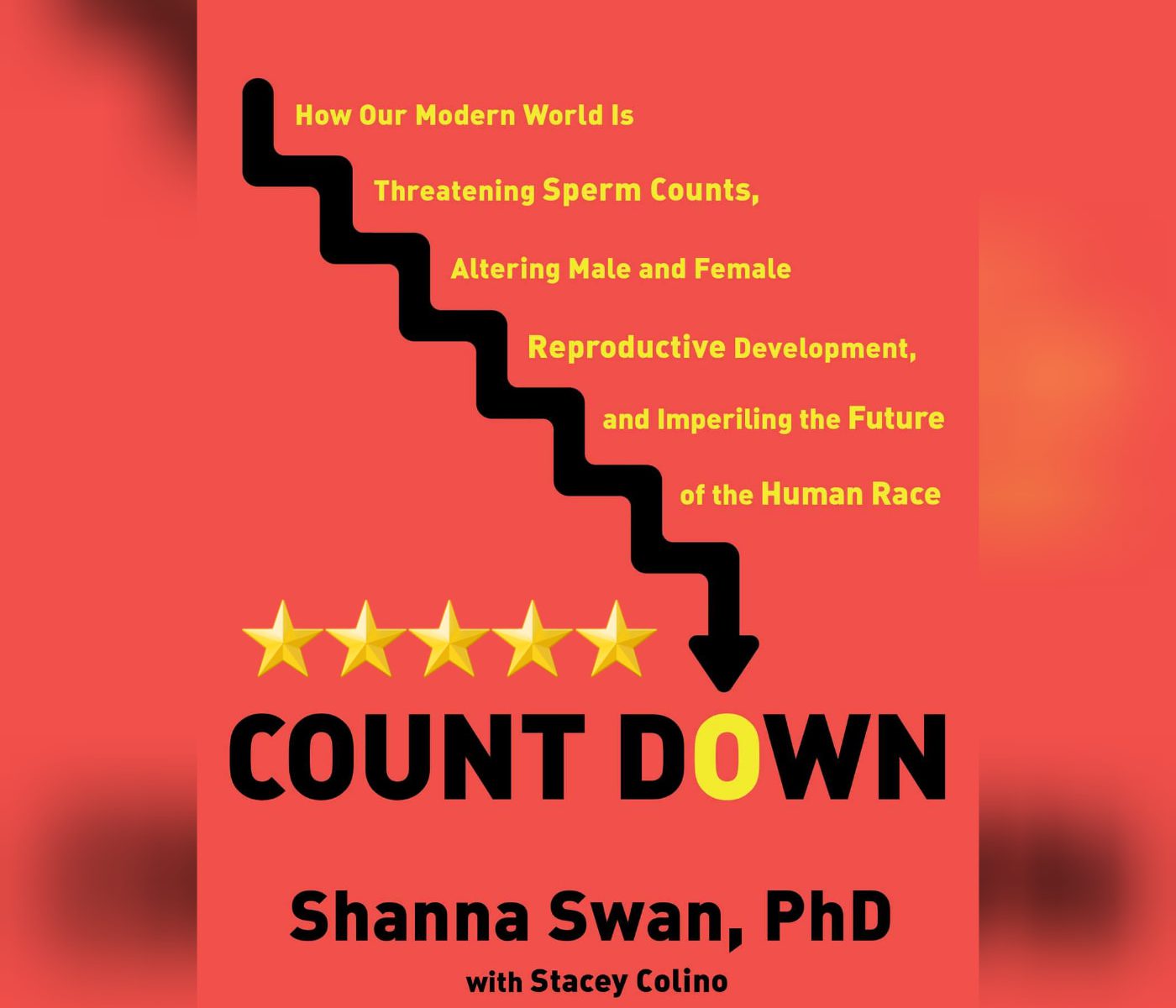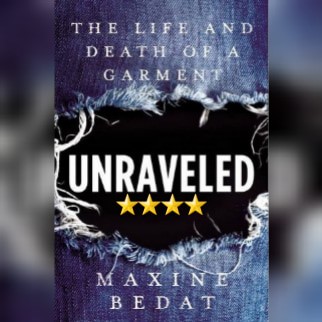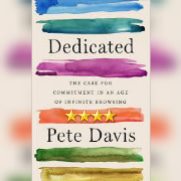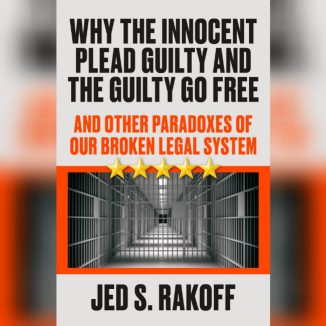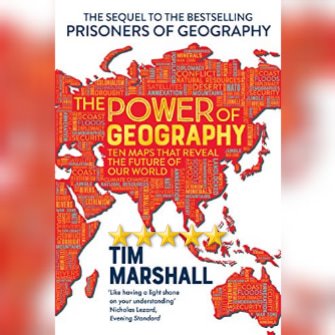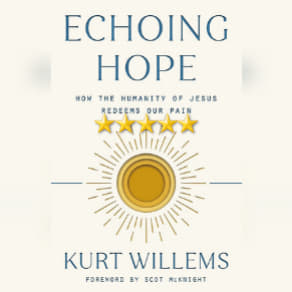Solid Story, Could Have Used Better Structure. This was a solid story of a woman trying to find herself after putting her career on pause to raise her kid and give him a life she had never had. For me, though, the structure of the storytelling itself would have dramatically benefited from a slight variation of the technique here. Here, we get a mostly dual timeline story, a bit scattered at times (date stamps alone would have been useful in that regard, even if just “x years ago”) but workable. What *really* could have elevated this story though would have been to take a page from another tale of another professional struggling to find his way and looking back on his life – Billy Chapel in the *movie* version of For Love Of The Game. (We shall not speak of the book – one of very few cases where the movie is by far the superior story.) There, the story is told in the same dual timeline approach that we get here – but with *both* timelines happening before the seminal event (in that case, the last game Billy Chapel will ever pitch as a professional baseball player, in this case an important concert), then some follow-up after the event itself. Ultimately just a tweak, though a significant one, that would have made the story flow so much better for at least this reader. Still, truly a worthy read and very much recommended.
This review of The Sound Between The Notes by Barbara Linn Probst was originally written on February 25, 2021.

